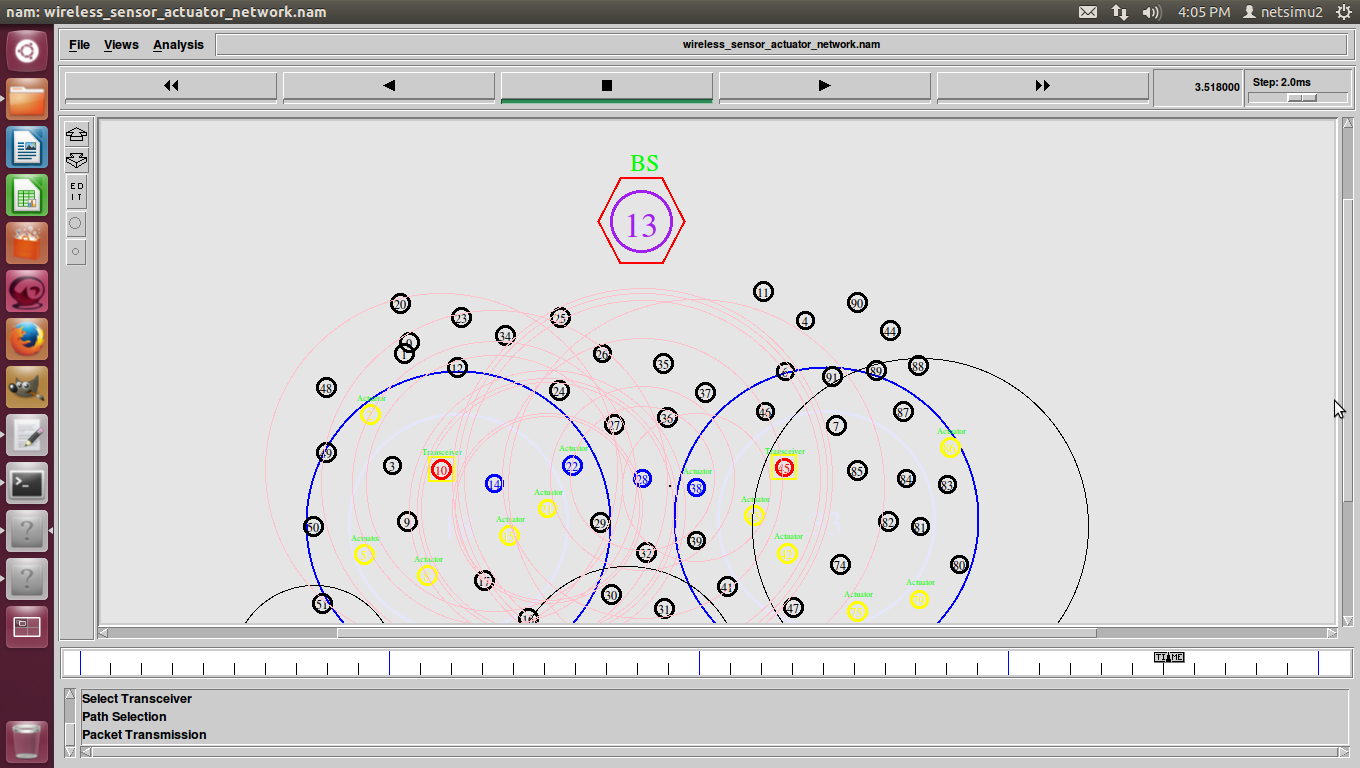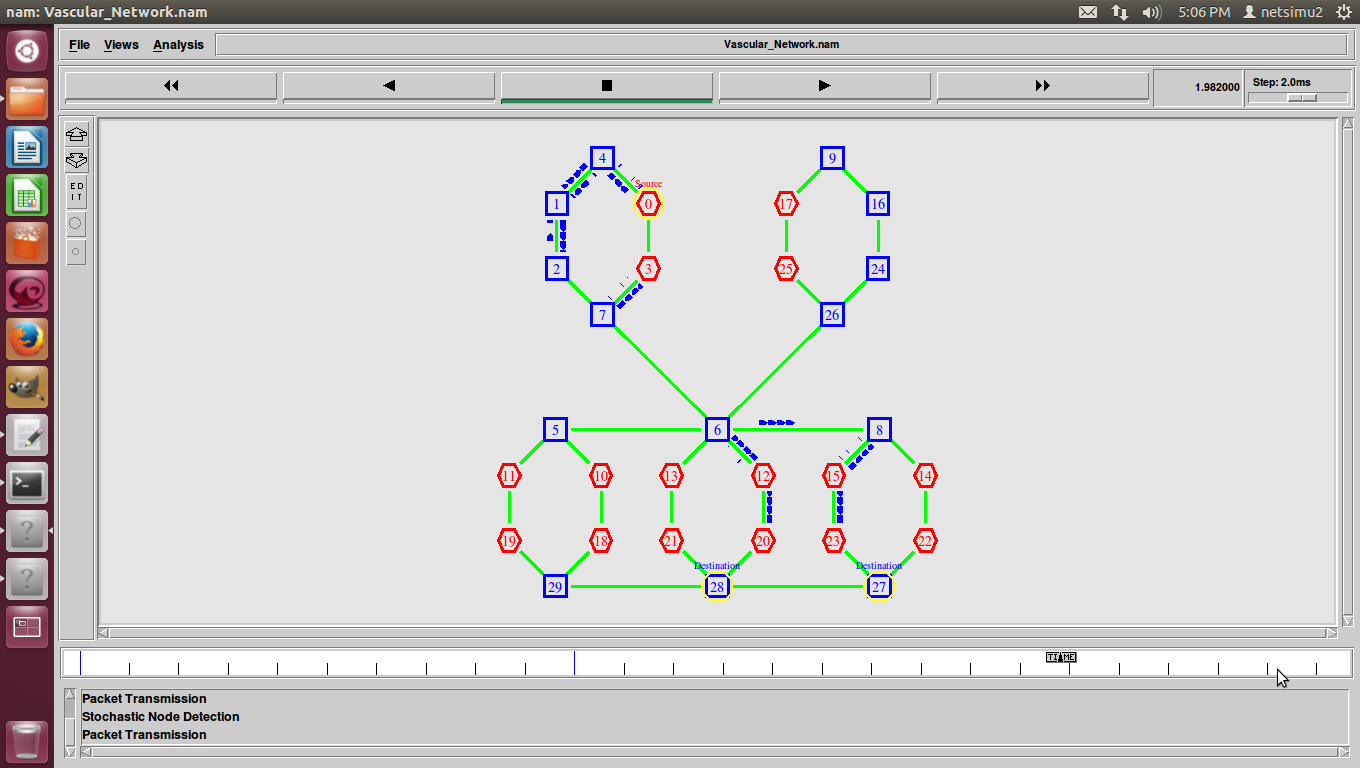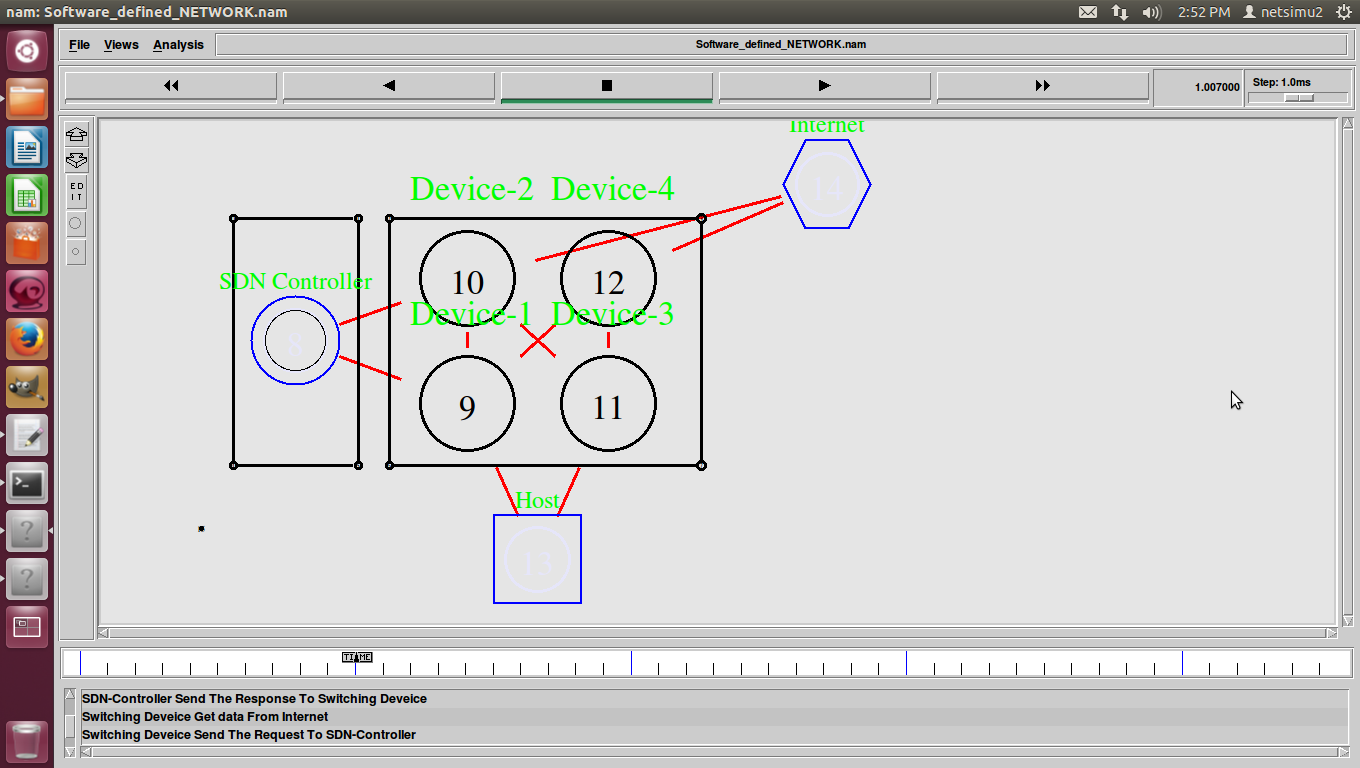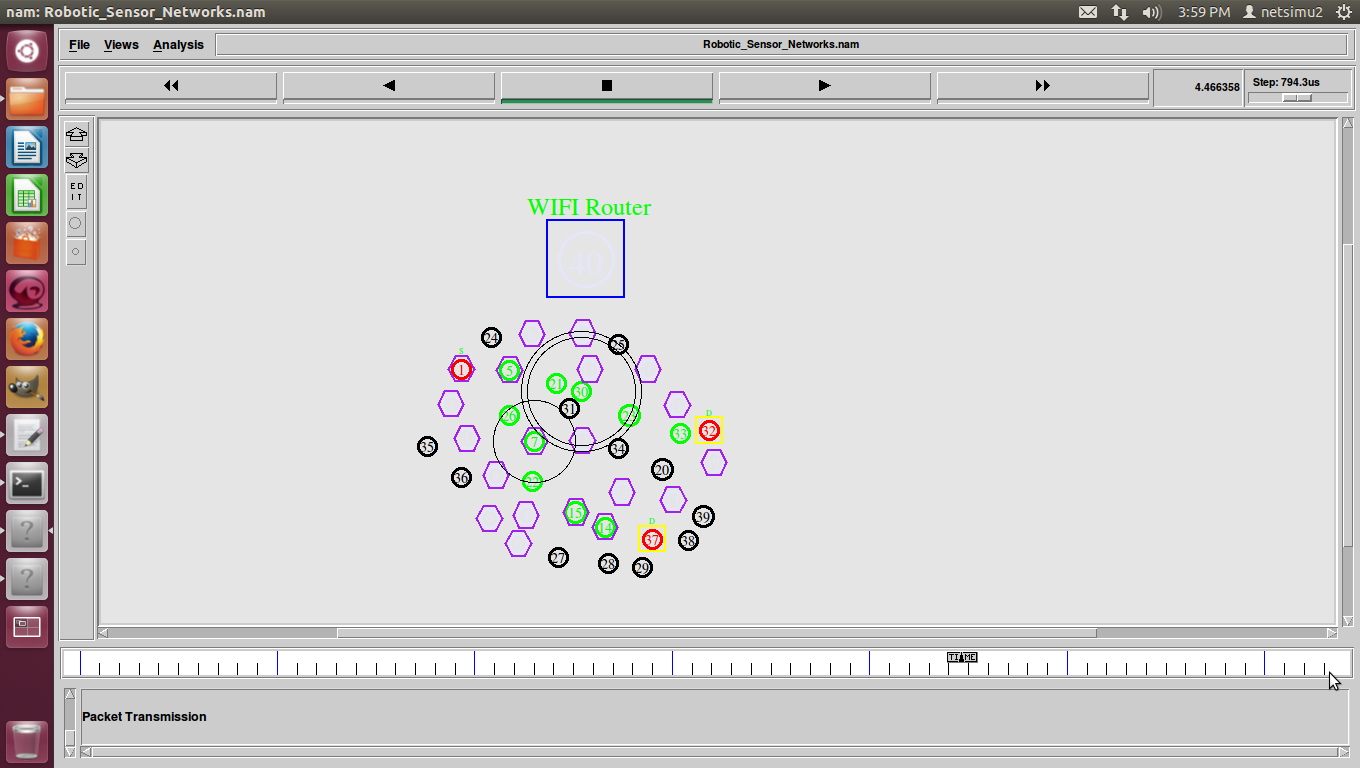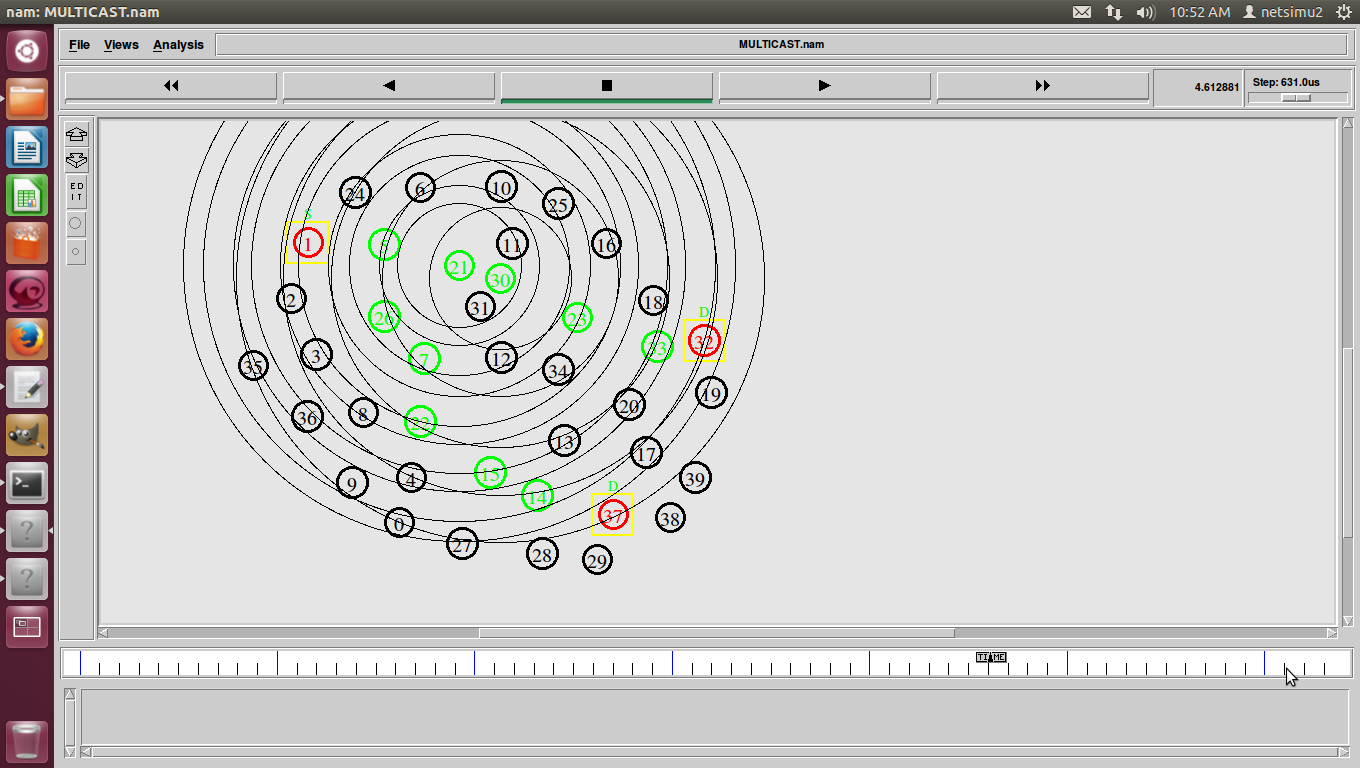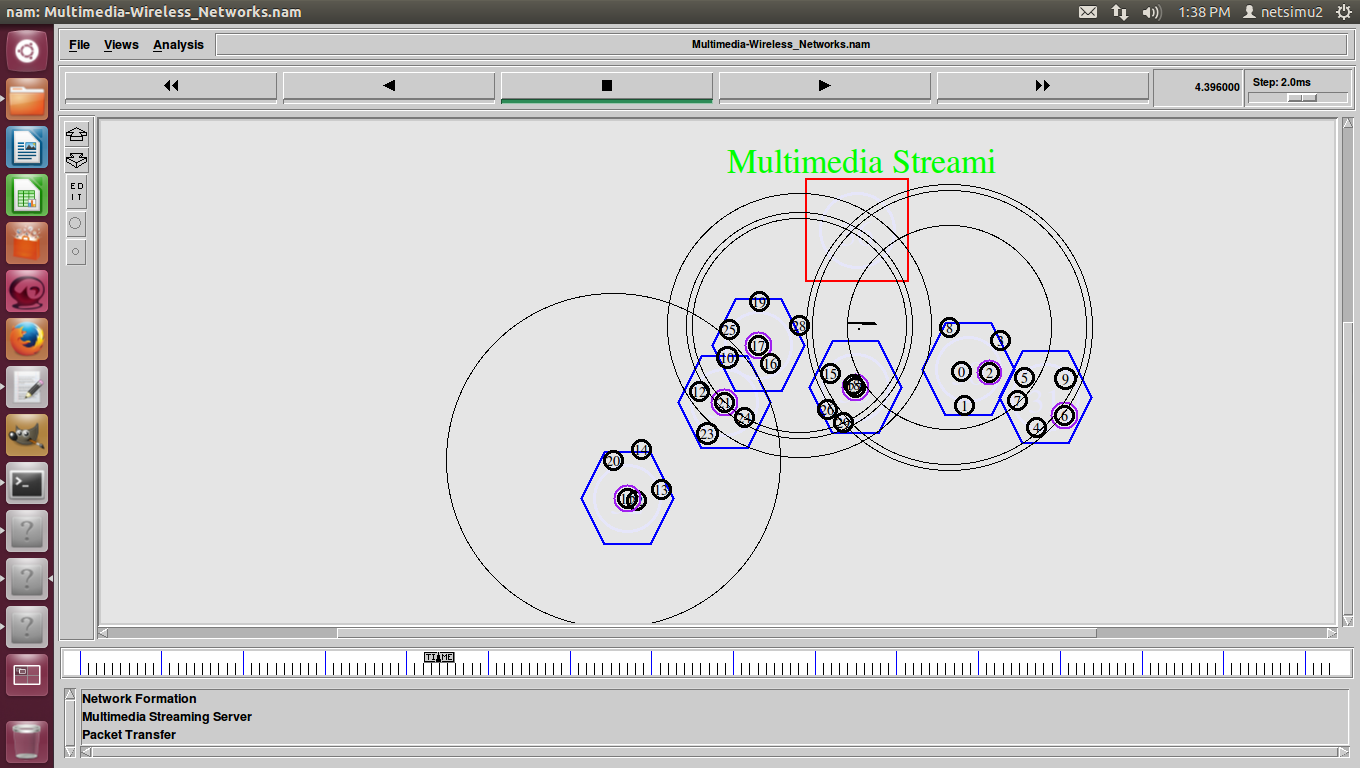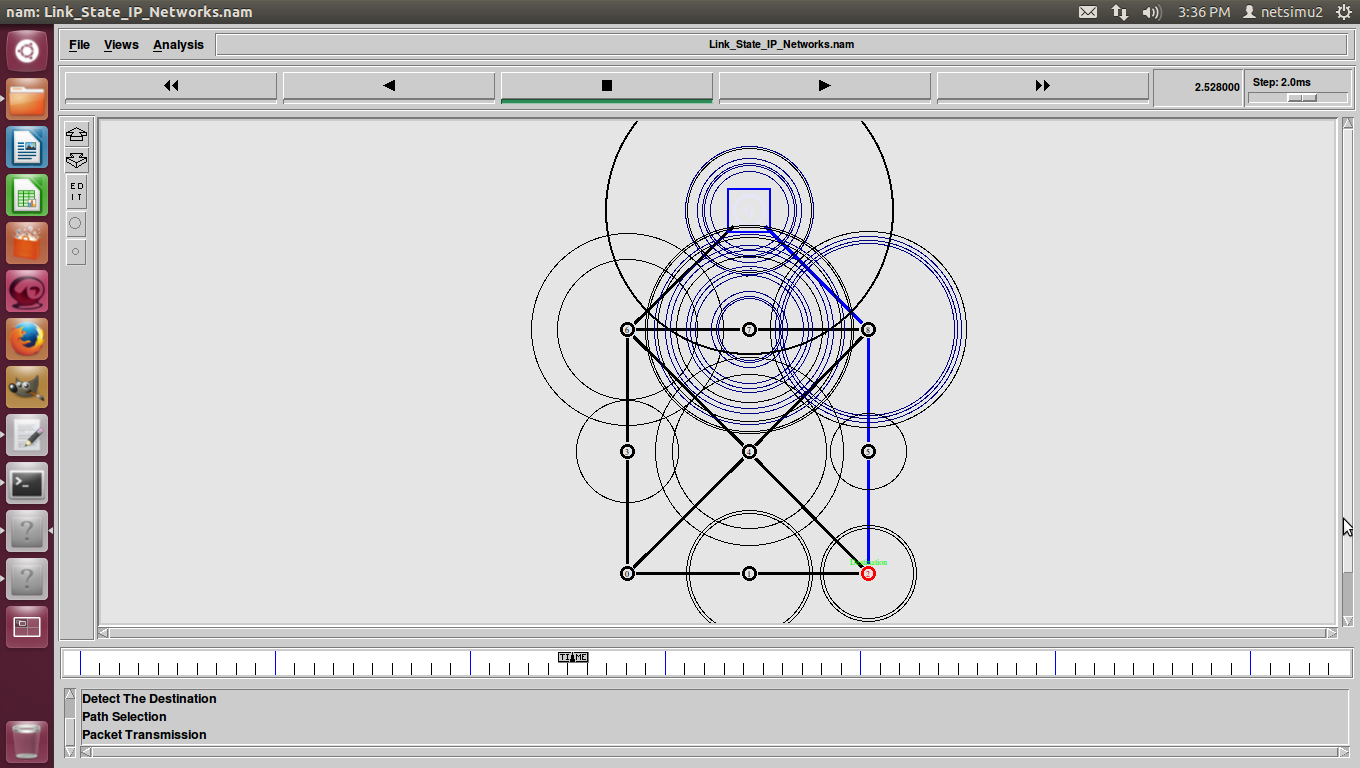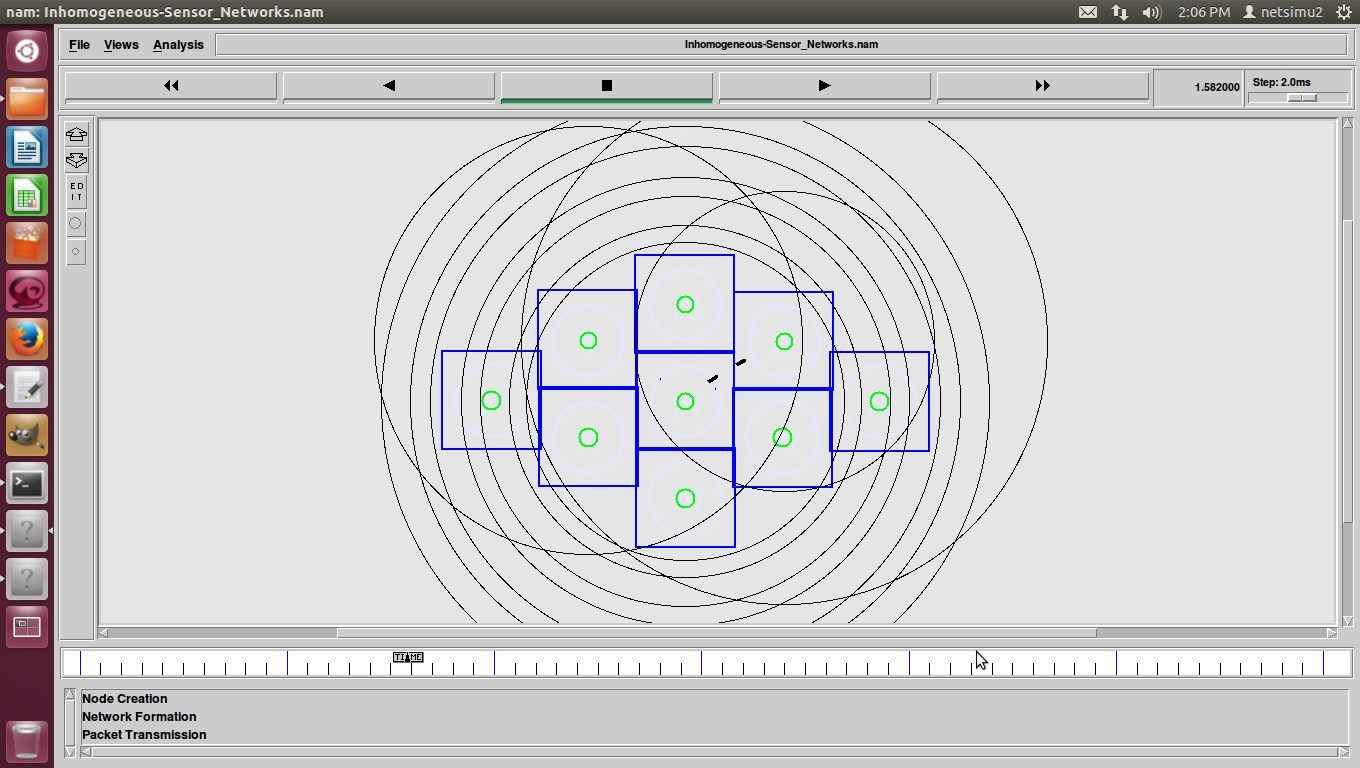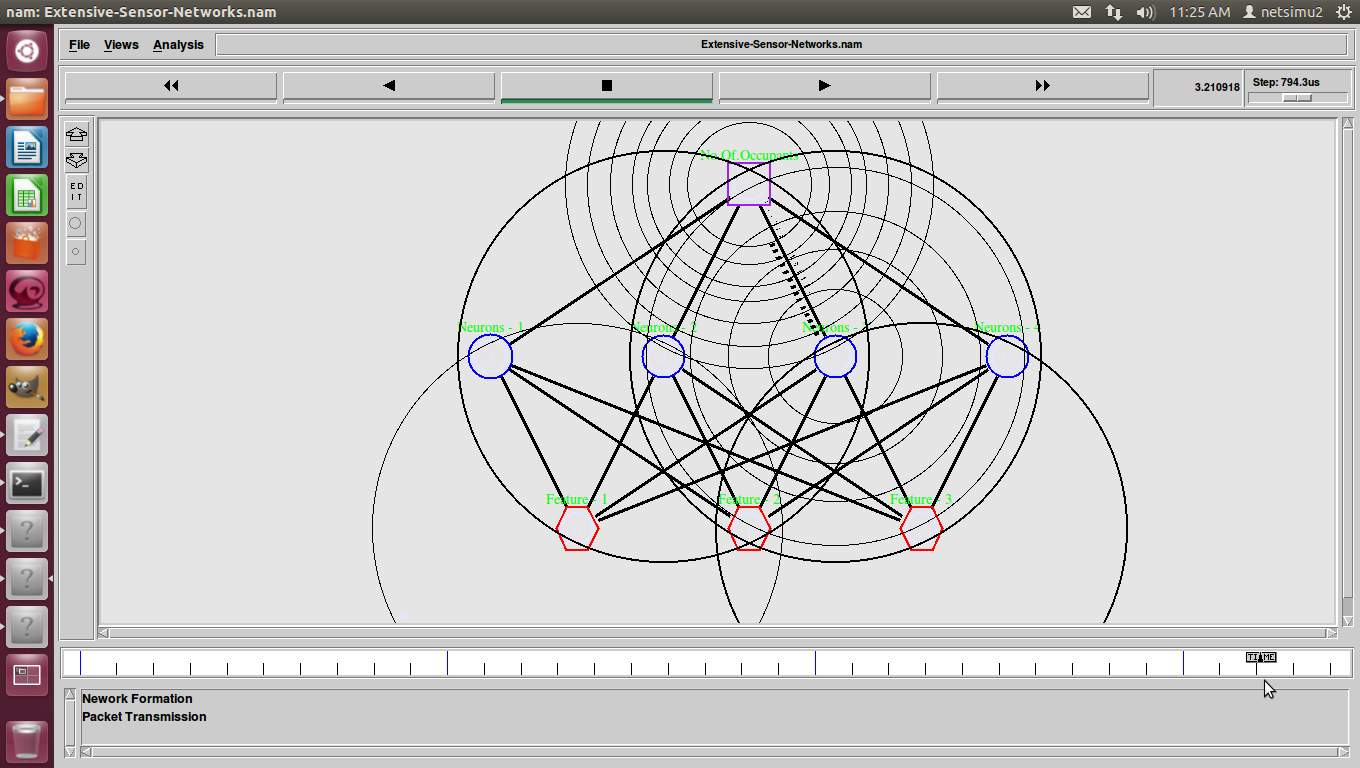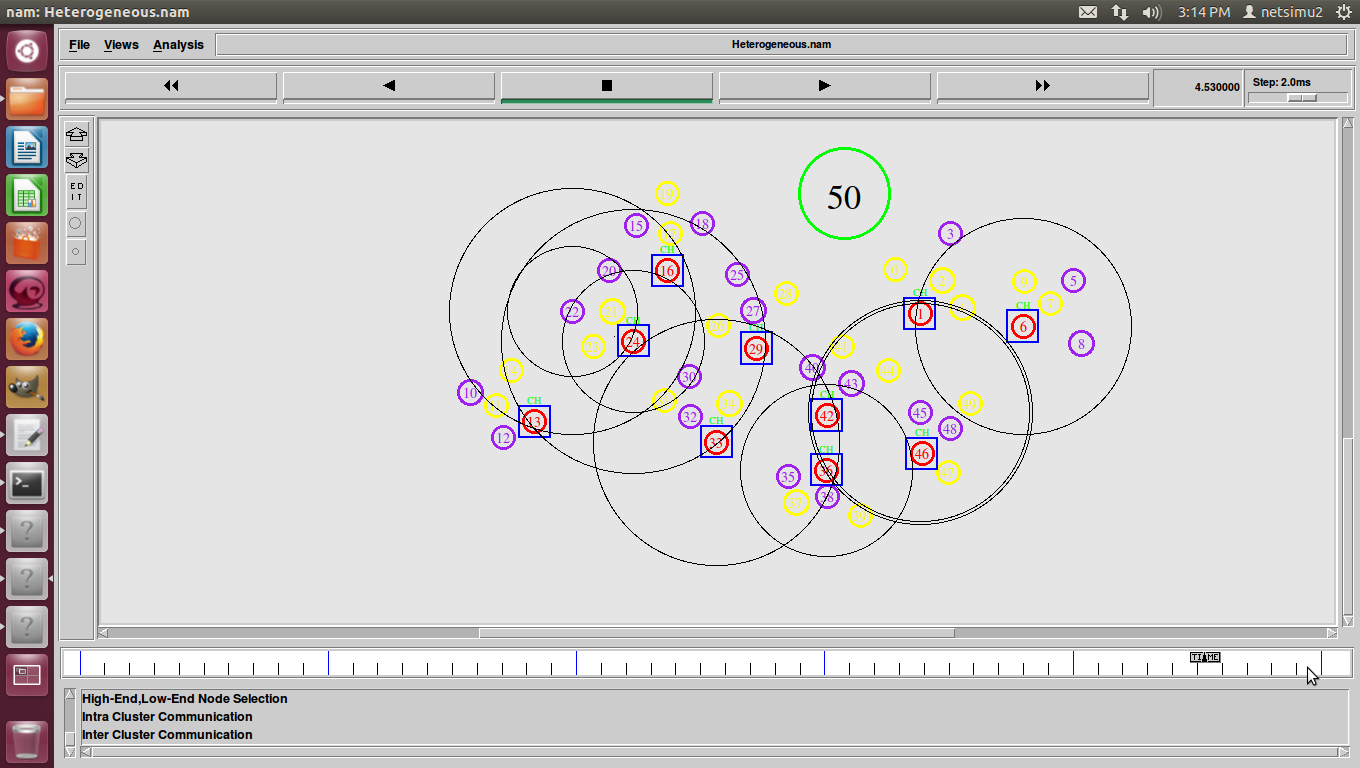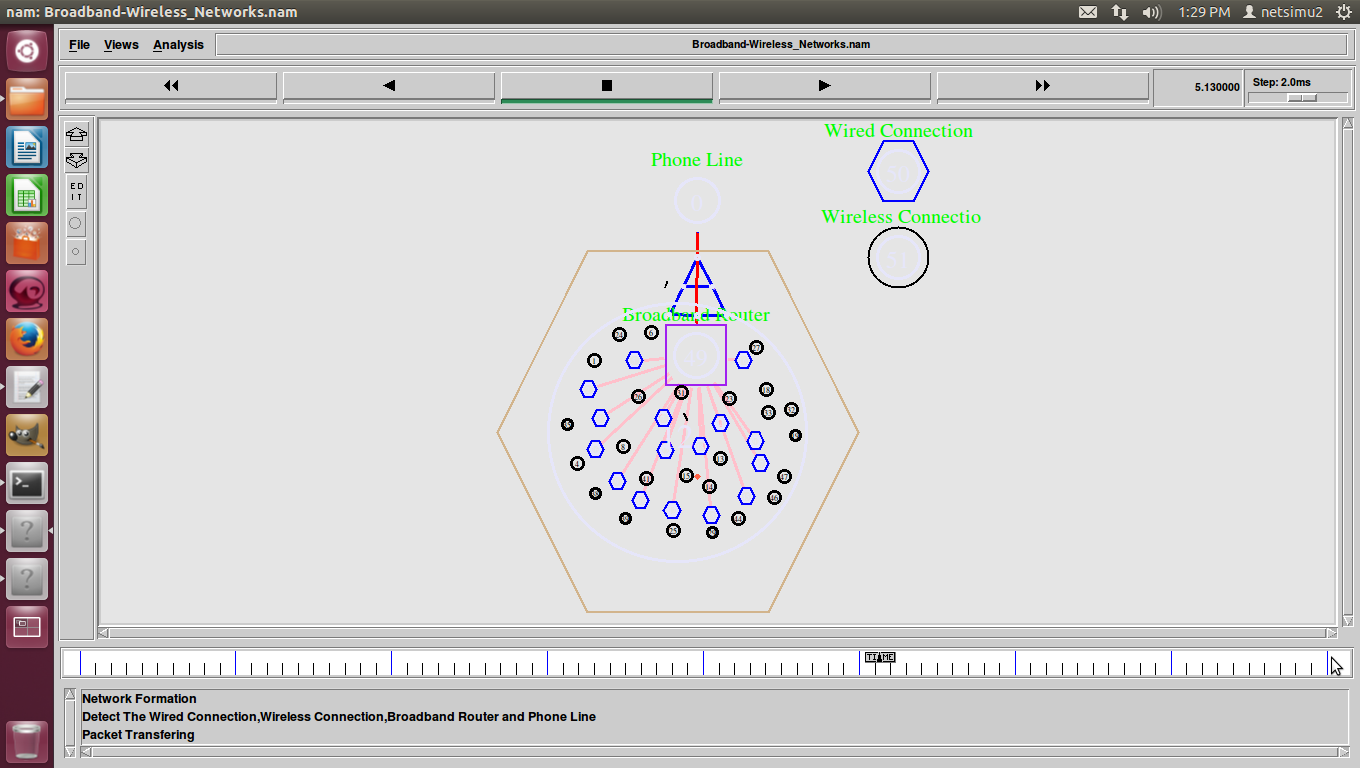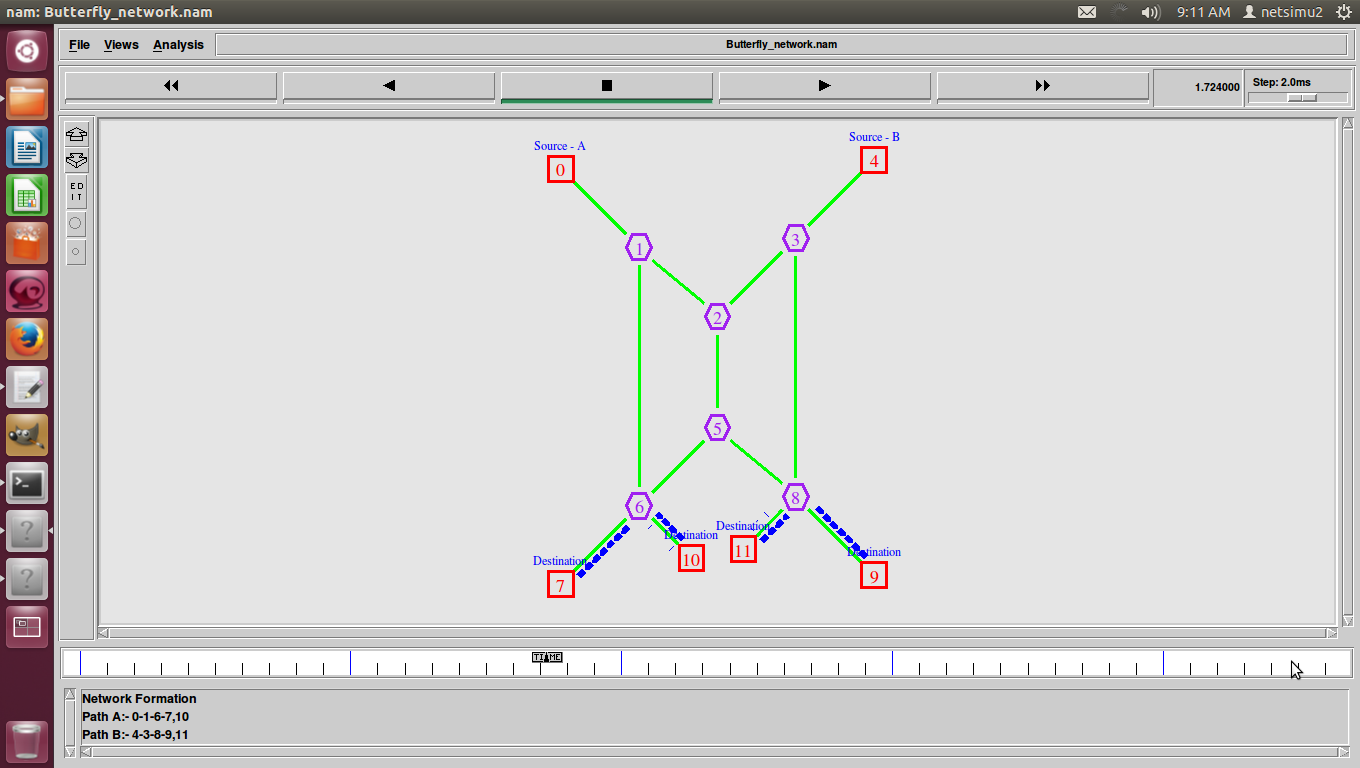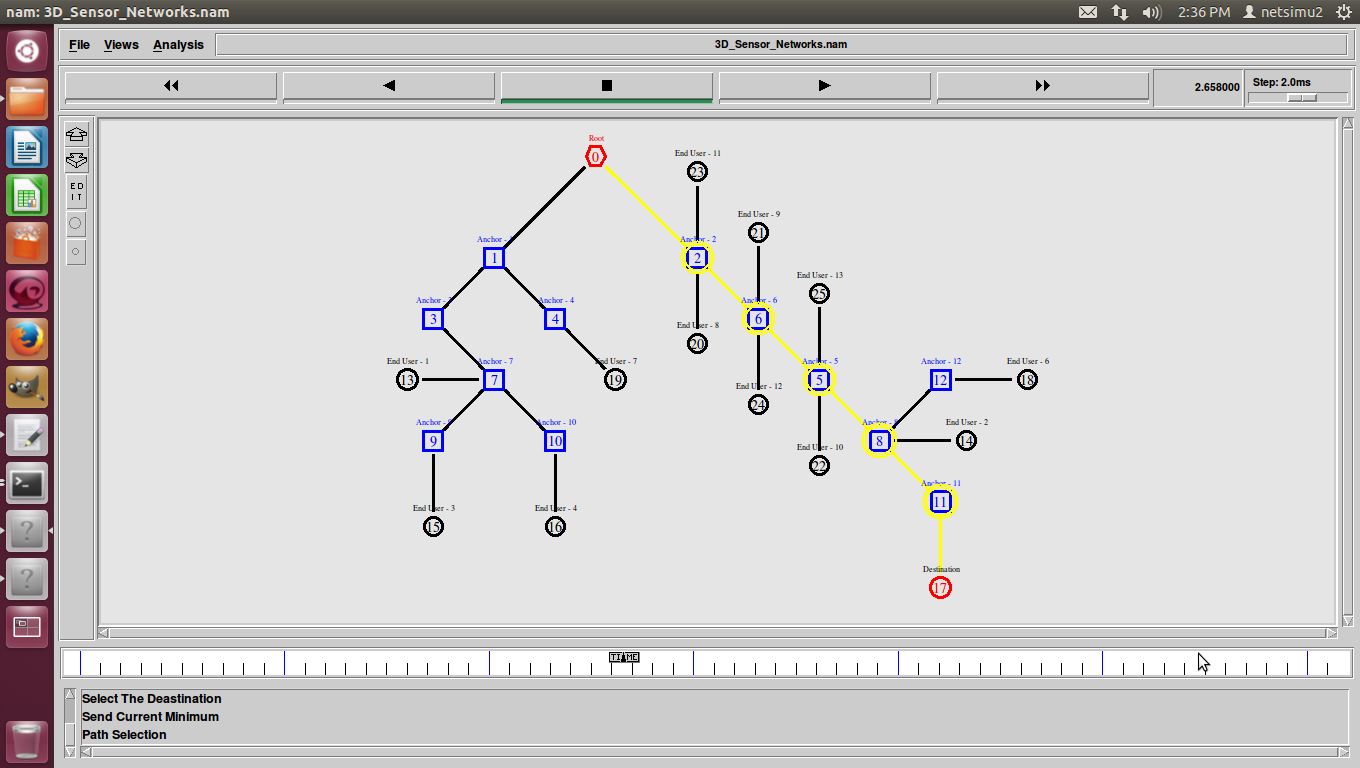Less Transmissions, More Throughput: Bringing Carpool to Public WLANs
The proliferation of WiFi hotspots in public places enables ubiquitous Internet access. These public WiFi hotspots usually serve scores of mobile devices and suffer from extremely poor performance in terms of low good put and severe delay. In this paper, we first study the traffic characteristics in public WiFi networks, and demonstrate that the main causes of such poor performance are media access control (MAC) inefficiency and downlink-uplink traffic asymmetry.
To cope with these issues, we call attention to transmission carpool, which facilitates an access point (AP) to send multiple frames for different mobile stations (STAs) in a single transmission. It reduces contention and conveys more frames in each channel access. As such, each downlink transmission carries more payload and thus improves efficiency and solves traffic asymmetry simultaneously.






